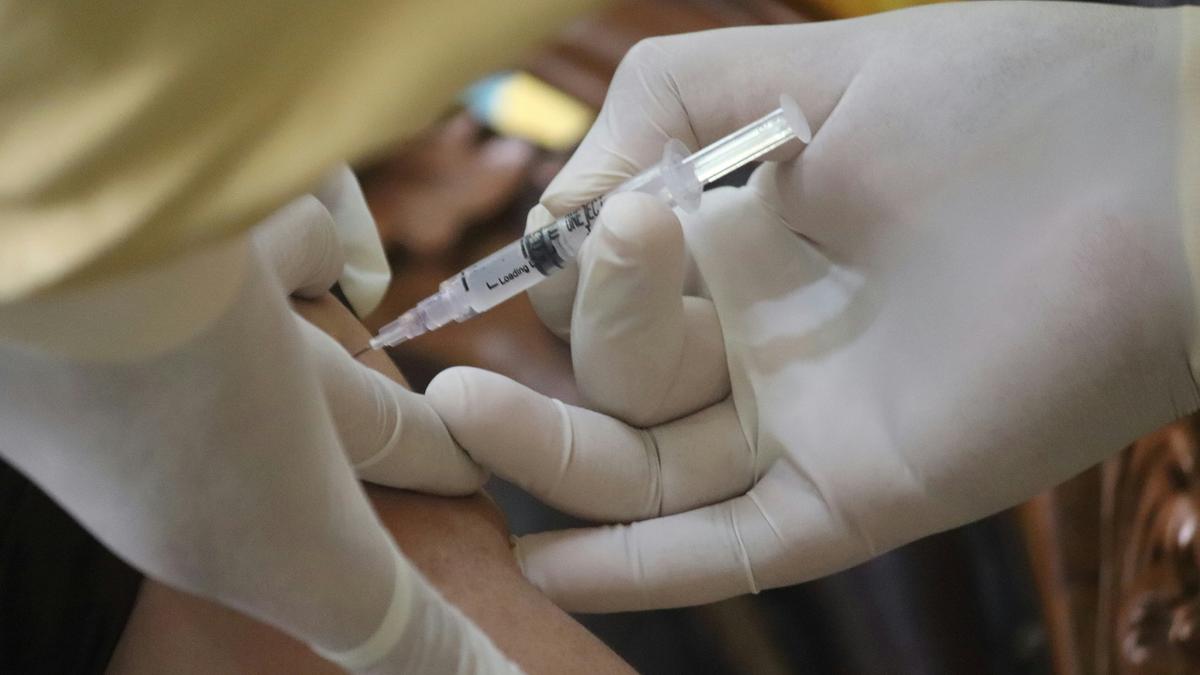In the wake of the COVID-19 pandemic, vaccine development has become a top priority globally. However, concerns have arisen regarding the durability of many vaccines, posing challenges to long-term immunity and disease control.
Pathogen Mutability
Some viruses, like influenza and coronaviruses, can mutate rapidly, leading to challenges in maintaining vaccine effectiveness over time.
Vaccine Development Strategies
Different vaccine types, such as live attenuated, inactivated, mRNA, and viral vector vaccines, exhibit varying degrees of durability due to differences in their mechanisms of action.
Individual Variability in Immune Response
Factors like age, health status, and genetics influence the strength and duration of vaccine-induced immunity, contributing to variability in vaccine durability among populations.
Research into Novel Vaccine Platforms
Continual exploration of new vaccine technologies and adjuvants offers potential for enhancing the longevity and efficacy of vaccines.
Surveillance and Monitoring
Vigilant monitoring of vaccine performance and emerging variants is essential for informing updates and booster strategies to maintain effectiveness over time.
Conclusion
The challenge of vaccine durability highlights the need to balance rapid deployment with long-term effectiveness. Through understanding underlying mechanisms and strategic interventions, we can work towards ensuring vaccines offer enduring protection against infectious threats.
Multiple Choice Questions (MCQs) with Answers:
- What has become a primary concern regarding vaccines in the aftermath of the COVID-19 pandemic?
- A) Development speed
- B) Durability
- C) Accessibility
- D) Side effects
- Answer: B) Durability
- Which viruses are mentioned as examples of pathogens with high mutability?
- A) Ebola and Zika
- B) Influenza and SARS-CoV-2
- C) Measles and Hepatitis B
- D) Dengue and Rabies
- Answer: B) Influenza and SARS-CoV-2
- Which vaccine type is generally associated with longer-lasting immunity?
- A) mRNA vaccines
- B) Viral vector vaccines
- C) Live attenuated vaccines
- D) Inactivated vaccines
- Answer: C) Live attenuated vaccines
- What factor contributes to variability in vaccine durability among individuals?
- A) Socioeconomic status
- B) Blood type
- C) Genetics
- D) Dietary habits
- Answer: C) Genetics
- What is emphasized as essential for informing updates and booster strategies for vaccines?
- A) Vaccine production speed
- B) Public opinion
- C) Surveillance and monitoring
- D) Healthcare infrastructure
- Answer: C) Surveillance and monitoring
